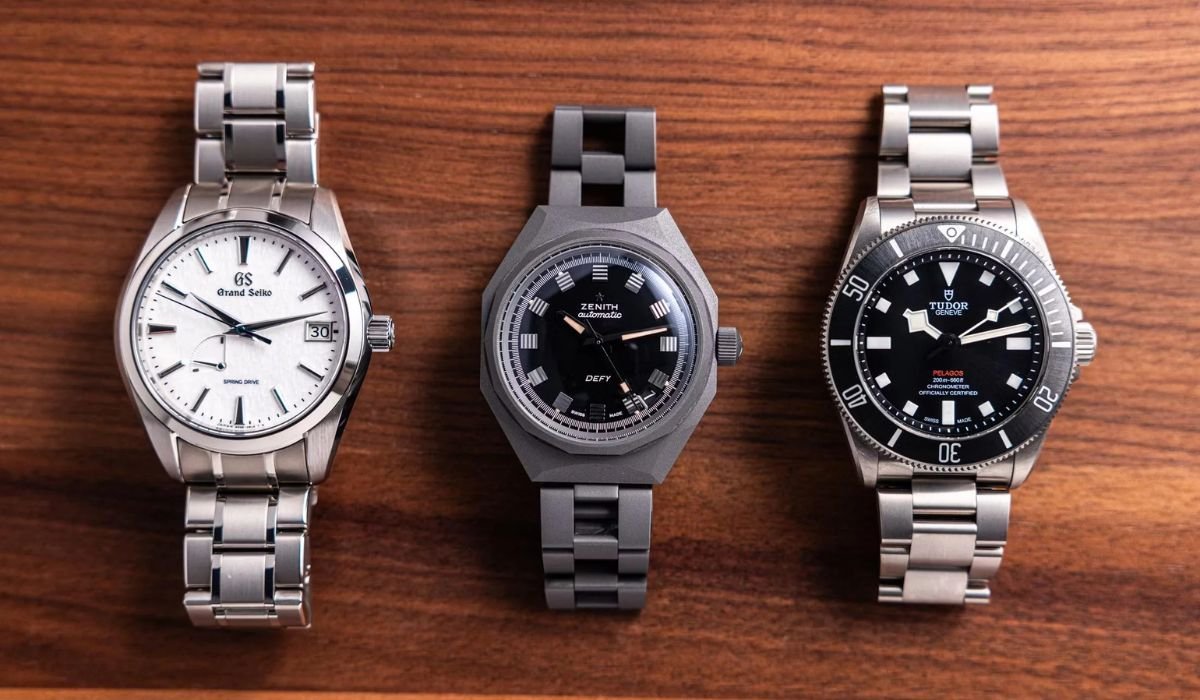With over 24 million people hitting the greens in the U.S., finding the right gear is beyond important. One thing that really affects your game is the material of your golf clubs. The two big contenders here are titanium and steel each with its own set of pros and cons. Golfers love to debate which one offers better performance, durability, and feel, and the good news is that when you understand how these materials stack up against each other, you can make a smarter choice and grab the clubs that’ll help better your swing and take you to the next level.
Steel Strength
Steel has been used for golf clubs for centuries, and for good reason. It is an extremely durable material that, in most cases, costs far less than titanium options. One of the best properties of steel clubs is their heft, as players find the weight offers a strong feedback in swings. Many golfers prefer the responsive feedback that they experience with steel clubs, as it can provide a more noticeable feeling as to where the swing can be improved. Steel is a tried-and-true option for golfers of all levels, and offers a more consistent feeling throughout the swing, as the metal is not as likely to bend or warp as some alternatives.
Titanium Triumphs
On the other hand, titanium, especially titanium grade 4, brings some incredible benefits to the table. This lightweight metal has impressive strength and corrosion resistance, which makes it perfect for golf clubs. Grade 4 titanium allows clubs to be lighter without sacrificing strength, which means players can generate faster swing speeds. In fact, a study found that golfers who switched to titanium clubs improved their swing speed by an average of 3-5 mph.
Titanium characteristics
Determining if titanium or steel golf clubs are best for your swing is a matter of taking note of certain clues that will lead you in the direction of the right choice for your game. To start, you’ll want to pay attention to your own feeling while on the course. If you’re swinging a steel club and feel solid and stable with each shot, you’re probably benefiting from the feedback that steel provides. Steel often has a heavier, more substantial feel than other options, and as such, can be great for beginners or players who prefer this sort of connection with their club. If you’re looking for more speed and distance from each swing, a titanium golf club is likely your best bet, as these are generally lighter and can therefore be swung faster and with more power.
You’ll also want to take note of your actual game if you’re consistently hitting the ball with more accuracy with a certain type of club, that’s a very good sign that it’s working for you. Of course, you should also take note of the range of shots that you’re able to hit if you feel as if one material is holding you back, it’s time to explore the benefits of the other option. Of course, don’t be afraid to get out on the course and experiment a little; swing a few balls with both steel and titanium clubs and see which feels best to you. Trust your instincts, and choose the clubs that make you the most confident.
Whether you choose titanium or steel for your golf clubs, the key is to find what fits your swing and preferences the best. Steel offers durability and familiarity, while titanium, especially grade 4, gives you lightweight performance and speed. As golf continues to evolve, materials will play a vital role in how players enhance their game. So, figure out what feels right, research wisely, and gear up with clubs that can help you hit the green like a pro.
